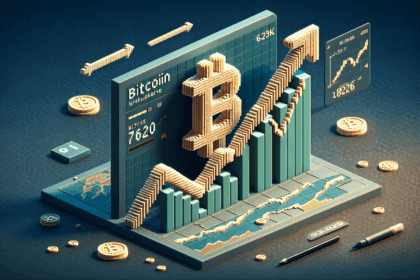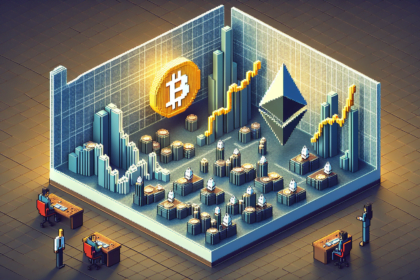Japan’s stock market plunge following a tsunami underscores growing volatility in traditional markets. Cryptocurrencies, while volatile, may not be alone in unpredictable risks.
In 2011, a 9.1 magnitude earthquake struck Japan, causing a destructive tsunami. The disaster led to a 6.2% drop in Japan’s Nikkei stock market.
Thirteen years later, cryptocurrencies face criticism for their volatility, which some say surpasses traditional stocks. Yet, recent trends suggest conventional markets are also highly unpredictable.
For instance, the Japanese stock market recently experienced its biggest one-day drop since 1987. Similarly, the US Dow Jones fell over 1,000 points, highlighting growing volatility.
Classic investing options, traditionally seen as stable, appear less so amid economic uncertainties. The upcoming 2024 presidential election in the US adds another layer of unpredictability.
Given this rising instability, some investors are reconsidering decentralized finance (defi) options. Innovations in the sector, such as restaking by EigenLayer, offer new uses and earning potential for assets like Ethereum.
While restaking has its critics, investors are encouraged to approach these advancements open-mindedly. Embracing new financial models could offer alternative paths in an evolving investment landscape.











